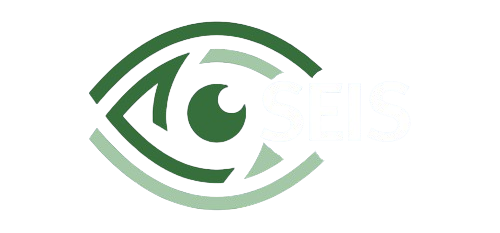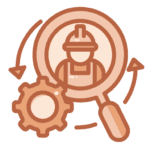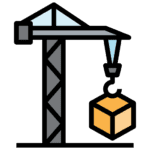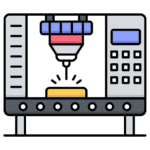LOLER Regulations: UK Lifting Equipment Safety Rules
The Lifting Operations and Lifting Equipment Regulations 1998 (LOLER) were introduced to make lifting in the workplace safer. Whether it’s a simple pulley or a complex crane system, LOLER places responsibilities on employers and duty holders to ensure that equipment is safe to use, properly maintained, and operated by competent individuals.
This guide breaks down the key aspects of LOLER so you understand your responsibilities, how to stay compliant, and what the consequences are for failing to follow the law. SEIS Engineering provides comprehensive inspection and compliance services to help companies meet all LOLER requirements.
What is LOLER?
LOLER is a set of UK regulations designed to prevent accidents caused by lifting equipment. It applies to all employers and self-employed people who provide lifting equipment for use at work.
What Does LOLER Stand For?
LOLER stands for:
-
Lifting Operations and Lifting Equipment Regulations
When Did It Come into Force?
LOLER came into effect on 5 December 1998, and is part of the wider Health and Safety at Work etc. Act 1974 framework. It is enforced by the Health and Safety Executive (HSE).
Why Was It Introduced?
LOLER was created in response to the high number of workplace accidents and fatalities related to lifting operations. Before LOLER, there was a lack of specific legislation addressing lifting equipment. The regulation ensures that equipment is safe for use, properly inspected, and that lifting operations are carried out in a controlled and competent manner.
When Does LOLER Apply?
LOLER applies to any equipment used for lifting or lowering loads, including accessories such as chains, slings, or eyebolts.
Examples of Lifting Equipment Covered by LOLER
| Equipment Type | Description | Examples |
|---|---|---|
| Cranes | Equipment designed to move heavy loads vertically and horizontally | Tower cranes, mobile cranes, jib cranes |
| Forklifts | Industrial trucks used to lift and move materials over short distances | Warehouse forklifts, reach trucks |
| Hoists | Devices used for lifting or lowering a load | Passenger lifts, goods hoists, patient hoists in care homes |
| Lifting Accessories | Attachments used in conjunction with lifting machines | Chains, wire ropes, shackles, eyebolts, slings |
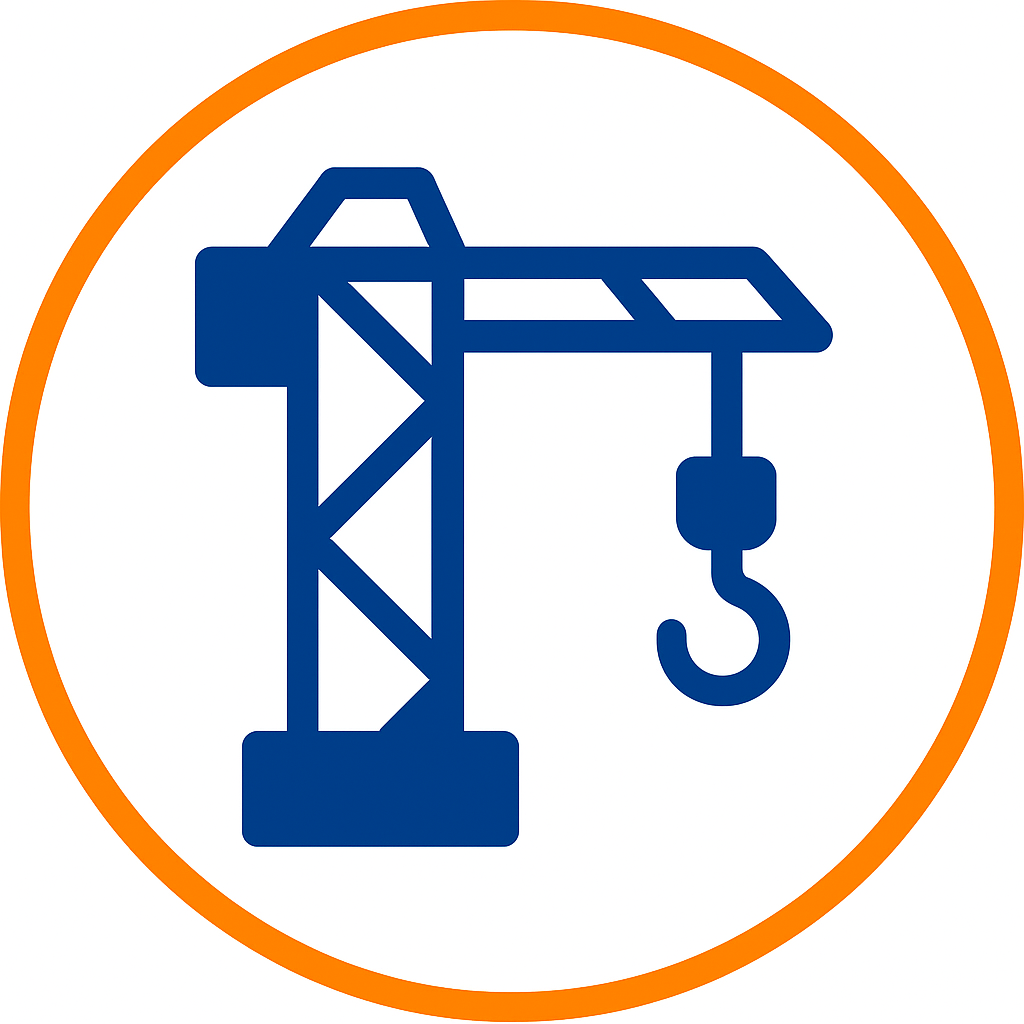
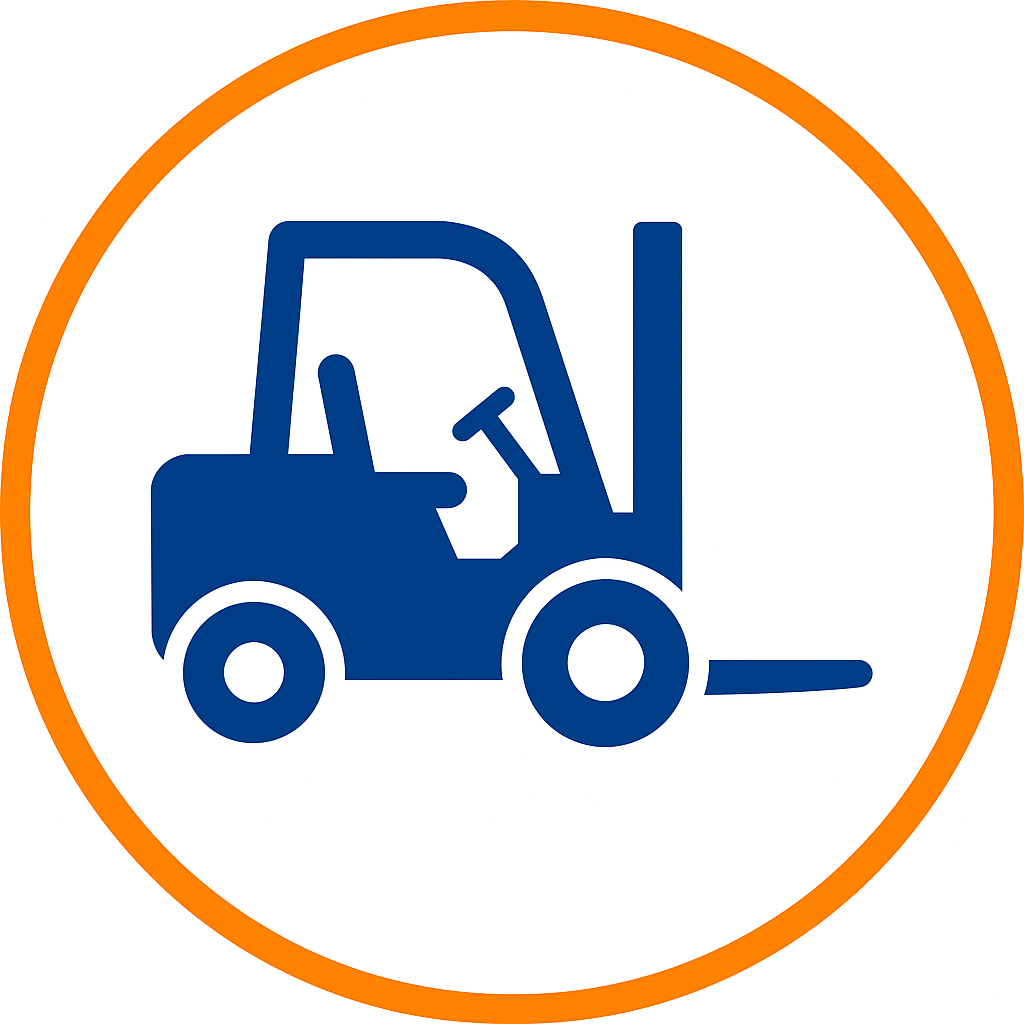
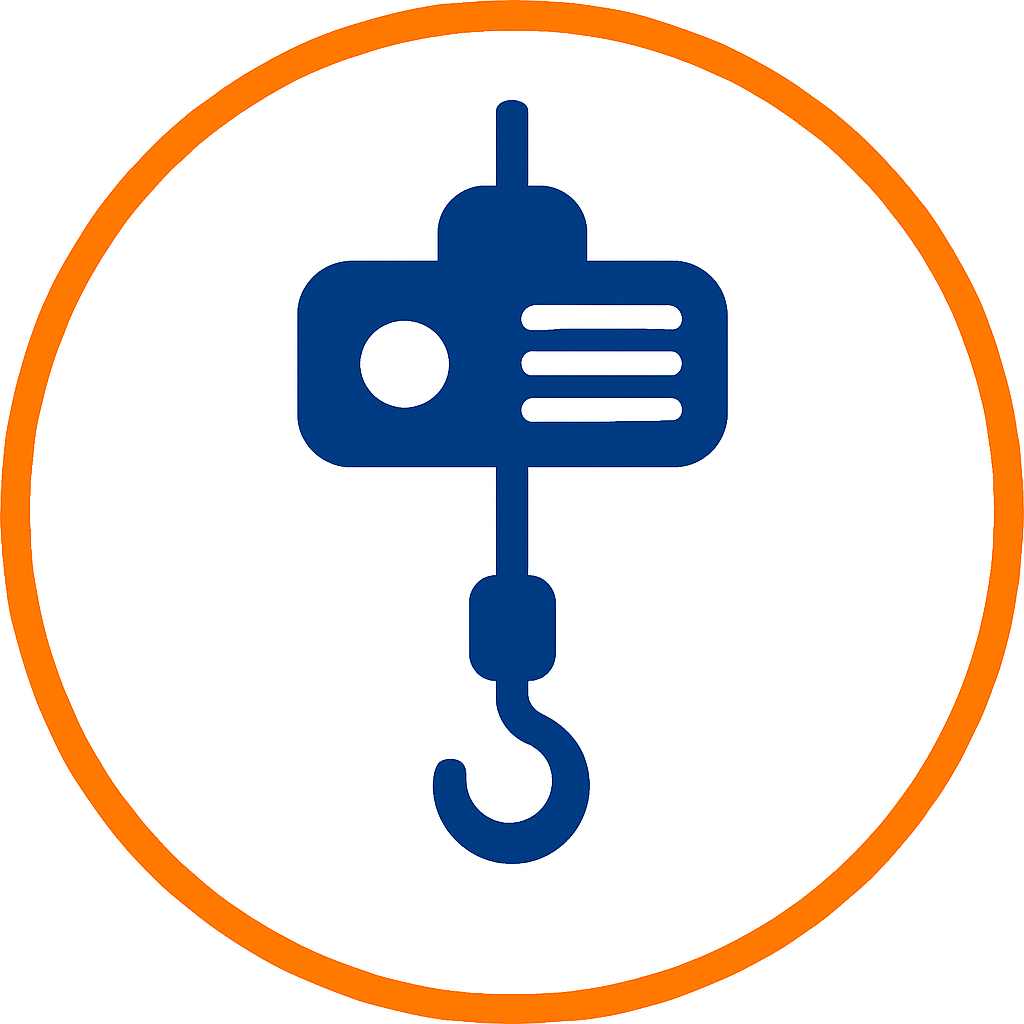

Real-World Application
-
Construction Site: Using a mobile crane to lift steel girders. LOLER requires the crane to be examined every 12 months, the lifting accessories every 6 months, and the operation to be planned and supervised by a qualified individual.
-
Warehouse: A forklift is used to stack pallets. LOLER requires regular inspections, operator training, and a maintenance log.
-
Care Home: A patient hoist is used to assist in moving residents. LOLER requires 6-monthly thorough examinations and staff to be trained in safe operation.
In all these cases, SEIS Engineering offers inspection services and safety audits to help ensure compliance with LOLER.
Need Support with Loler? Get in touchWhat is NOT Covered?
-
Escalators and Moving Walkways: Regulated under other legislation.
-
Pallet Trucks: Not covered unless it raises over 300mm from the ground.
Key LOLER Requirements
To comply with LOLER, duty holders must ensure the following:
1. Equipment Suitability
Lifting equipment must be:
-
Strong and stable enough for the task: This means selecting the right equipment based on load type, weight, and working environment. For instance, using a forklift to lift a heavy object on uneven ground could be unsafe unless the forklift is designed for that condition.
-
Positioned to prevent risk: Equipment should not be placed where it could strike people or structures if it fails. Overhead cranes, for example, should not operate over pedestrian walkways.
-
Clearly marked with Safe Working Load (SWL): All lifting equipment must show the maximum load it can safely carry. Failure to mark equipment can result in misuse and serious accidents.
2. Safe Use of Equipment
Lifting operations must be:
-
Planned: Every lifting task should have a written plan that outlines the load, the equipment, the personnel involved, and any risks.
-
Supervised: A competent person must oversee the operation to ensure it follows the plan and adjusts for unexpected hazards.
-
Conducted by trained personnel: Operators should be trained not just in how to use the equipment, but in understanding potential risks and emergency procedures.
SEIS Engineering can assist with lift plans, operator assessments, and training.
Need Support with Loler? Get in touch3. Thorough Examination and Inspection
Thorough examinations must be:
-
Carried out before first use: Especially important for new installations, modified equipment, or when equipment is moved.
-
Regular: Most lifting accessories and equipment lifting people need 6-monthly checks. Others require annual inspections.
-
Performed by a competent person: Someone with knowledge and independence to make unbiased safety judgments.
| Inspection Frequency | Equipment Type | Details |
| Every 6 months | Lifting accessories | Chains, slings, shackles |
| Every 6 months | Lifting people | Passenger hoists, medical hoists |
| Every 12 months | All other equipment | Cranes, forklifts, hoists not used for lifting people |
All reports must include the date, examiner’s details, the equipment status, and any defects found.
4. Records and Reports
-
Retain reports for at least two years, either digitally or on paper.
-
Log all maintenance activities, including repairs and replacements.
-
Provide reports to the HSE or insurance inspectors when requested.
Responsibilities Under LOLER
Employers and Duty Holders
They must:
-
Select appropriate equipment for the task and environment
-
Ensure proper installation and positioning
-
Keep inspection records
-
Provide adequate training and supervision
-
Schedule and fund regular examinations
SEIS Engineering partners with businesses across construction, logistics, care, and manufacturing to meet these obligations.
Need Support with Loler? Get in touchCompetent Person Definition
This person should:
-
Have practical and theoretical knowledge of lifting equipment
-
Understand LOLER requirements and risk assessments
-
Be impartial, and objective.
-
Usually have engineering qualifications or lifting inspection certifications
Employee Duties
-
Operate equipment as trained
-
Report faults and defects immediately
-
Use lifting accessories as specified
-
Avoid modifying equipment without authorisation
Legal Consequences of Failing to Comply with LOLER
What Happens If You Break the Law?
Failure to comply can result in:
-
Fines: These can range from hundreds to hundreds of thousands of pounds
-
Legal Action: Employers and managers may be prosecuted under criminal law
-
Imprisonment: For the most serious breaches, such as gross negligence or repeat offences
-
Injury or Death: Non-compliance can lead to tragic accidents, reputational damage, and insurance difficulties
Recent Examples
| Organisation | Breach | Penalty |
| Building Contractor | No inspection of lifting accessories | £60,000 fine |
| Care Provider | Hoist failed, injuring resident | £45,000 fine + £10,000 legal fees |
| Warehouse Operator | Forklift collapse | £75,000 fine, director investigated |
Top Tips for Staying Compliant
Maintain a Lifting Equipment Register
Include:
-
Serial numbers
-
Date of purchase
-
Inspection intervals
-
Notes on modifications or repairs
Use digital software or spreadsheets to automate reminders.
Develop a Lifting Operations Plan
-
Assign a responsible person for planning
-
Include risk assessments and method statements
-
Document the sequence of operations and emergency procedures
Provide Training and Refreshers
-
Train all staff operating or assisting in lifting operations
-
Include LOLER awareness in general induction
-
Run refresher courses annually or after incidents
SEIS Engineering provides bespoke LOLER training sessions for all levels of staff.
Need Support with Loler? Get in touchKeep Inspection Certificates Visible
-
Display inspection certificates near equipment
-
Make digital copies accessible to managers and inspectors
-
Update them immediately after each examination
Choose the Right Inspection Partner
-
Ensure third-party providers are experienced in your sector
-
SEIS Engineering is trusted by organisations across the UK to carry out LOLER inspections thoroughly and reliably
LOLER vs PUWER: What’s the Difference?
LOLER and PUWER often work together. PUWER ensures all work equipment is safe, while LOLER focuses on lifting-specific requirements.
| Regulation | Purpose | Applies To |
| LOLER | Ensures lifting operations and equipment are safe | Cranes, hoists, slings |
| PUWER | Covers general safety and use of work equipment | Drills, ladders, conveyor belts |
In most workplaces, both apply. For example, a forklift must be PUWER-compliant (safe and maintained), and LOLER-compliant (inspected and certified).
Summary: Key Takeaways
-
LOLER ensures the safety of lifting equipment and operations
-
Applies to nearly all workplaces using lifting gear, from construction to healthcare
-
Requires regular inspections, documentation, and trained staff
-
Legal consequences for breaches can be severe, including fines and imprisonment
-
Duty holders must maintain inspection records, plan operations, and ensure equipment suitability
SEIS Engineering is here to help you remain compliant, avoid penalties, and protect your staff. Use the button below to Get in Touch.
For more official guidance, visit the HSE LOLER page.
Need Support with Loler? Get in touchFrequently Asked Questions About LOLER
LOLER stands for Lifting Operations and Lifting Equipment Regulations. These UK regulations aim to ensure lifting equipment is used safely in the workplace.
LOLER is enforced by the Health and Safety Executive (HSE), which carries out inspections and can issue fines, improvement notices, or legal action for non-compliance.
LOLER applies to any equipment used for lifting or lowering loads, including:
- Cranes
- Hoists
- Forklifts
- Slings
- Chains
- Eyebolts
Equipment used to lift people, such as patient hoists, is also included.
Most lifting accessories and equipment lifting people must be inspected every 6 months. Other lifting equipment, such as cranes or forklifts, usually requires a thorough examination every 12 months.
A competent person is someone with the training, knowledge, and experience to carry out thorough examinations. They must also be independent and impartial to ensure unbiased reporting.
The employer, business owner, or duty holder is legally responsible for ensuring LOLER compliance. They must ensure lifting operations are planned, equipment is inspected, and staff are trained.
Failing to comply with LOLER can lead to prosecution, large fines, imprisonment, or serious injury. Enforcement action is taken by the HSE, especially in cases of repeated or severe breaches.
Yes, LOLER applies across all sectors where lifting equipment is used – including:
- Construction
- Logistics
- Manufacturing
- Care homes
- Agriculture
Your equipment must be properly marked with Safe Working Loads, regularly inspected, and have up-to-date certification. SEIS Engineering can carry out these inspections and provide full compliance reports.
Yes, SEIS Engineering offers LOLER inspections, staff training, lift planning, and safety audits to help your business meet all legal obligations.
Get in touch